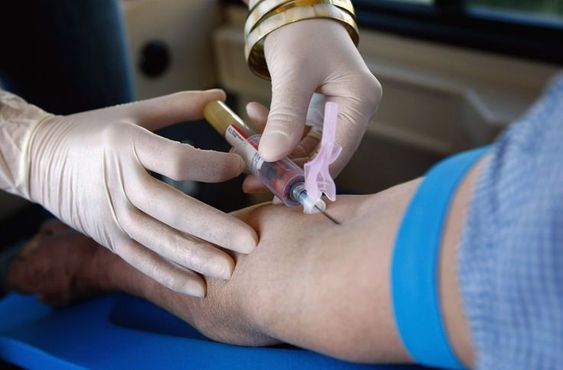5 Unknown facts about Hepatitis B
Hepatitis B is a serious liver disease caused by the hepatitis B virus (HBV).
The virus can affect people of all ages. Once infected, some people carry the virus their whole lives. This is called “chronic” infection and it can lead to liver cirrhosis, liver cancer, and death.
The virus is found in the blood and body fluids of infected people and is mostly spread among adults through sexual contact, by sharing needles and other drug paraphernalia, or from an HBV-infected mother to her newborn during birth. HBV can also be spread through normal household contact with HBV infected people.
Symptoms of Hepatitis B
People with chronic HBV infection usually do not feel sick for many years, but will have symptoms if they develop the most serious complications from hepatitis B, like cirrhosis or liver cancer.
On the other hand, people with acute hepatitis B, get sick within the first 6 months of getting infected. Some of the signs and symptoms of HBV include; stomachache, fatigue, loss of appetite, yellowing of the eyes, nausea and vomiting.
Prevention.
Hepatitis B virus is 100 times more infectious than HIV. The good news is that HBV can be prevented by getting vaccinated.
The vaccine is given in 3 doses over for 6 months. This is the only known vaccine that can prevent liver cancer.
Adults between the ages of 19-59 with diabetes are twice more likely to suffer from acute hepatitis B infection than their counterparts without diabetes.
Treatment
There is no specific treatment for acute hepatitis B. Therefore, care is aimed at maintaining comfort and adequate nutritional balance, including replacement of fluids lost from vomiting and diarrhoea.
Chronic hepatitis B infection can be treated with medicines, including oral antiviral agents. Treatment can slow the progression of cirrhosis, reduce the incidence of liver cancer and improve long term survival. Only a proportion (estimates vary from 10% to 40% depending on setting and eligibility criteria) of people with chronic hepatitis B infection will require treatment.

Do you have any news or article you would like us to publish? Kindly reach us via outreach@t4d.co.ke or howtodoafrica@gmail.com.




















